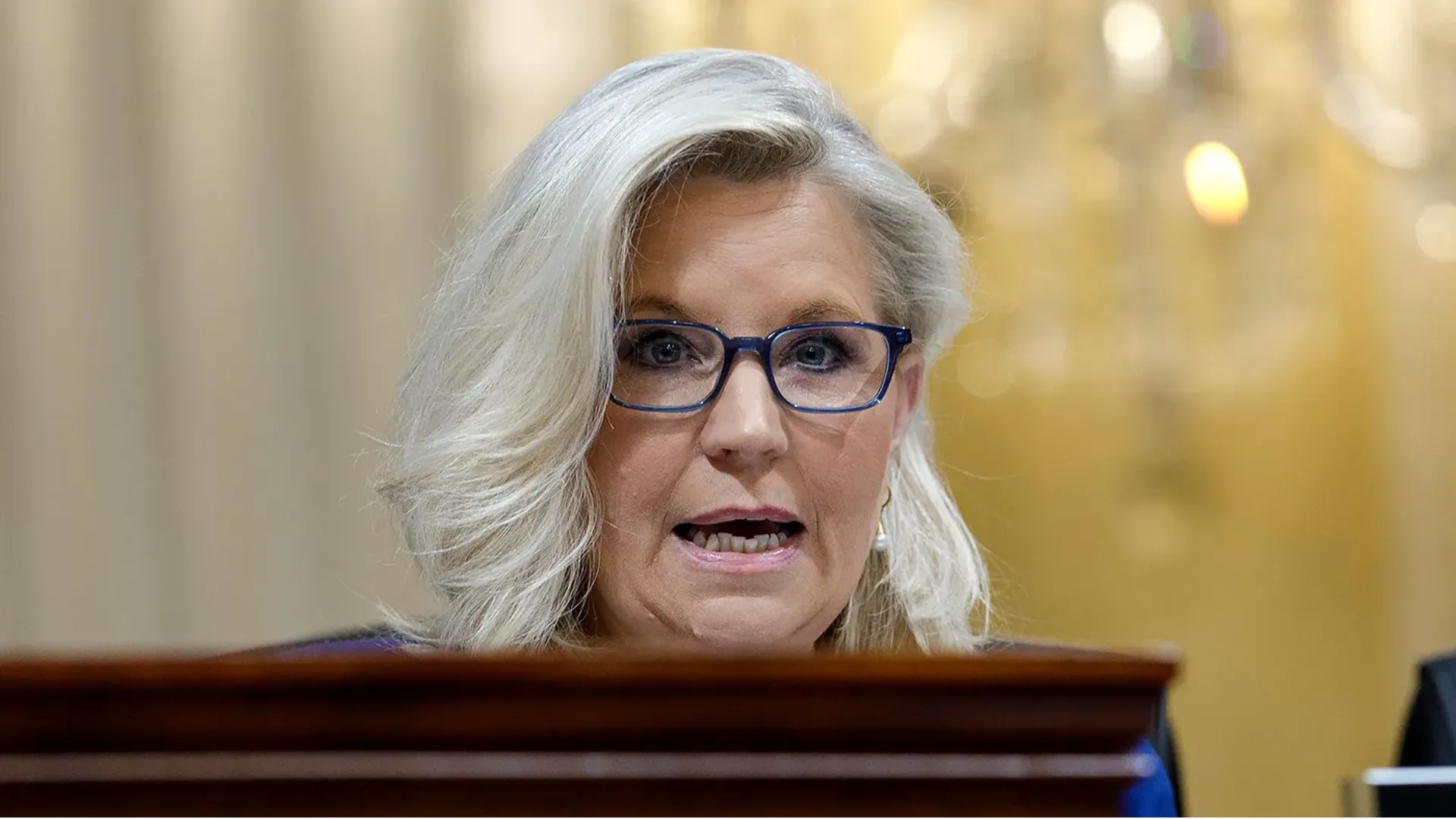
Democratic strategist James Carville, best known for coining the phrase “It’s the economy, stupid,” has publicly reflected on Vice President Kamala Harris’s loss in the 2024 presidential election.
In an opinion piece for The New York Times, Carville admitted his predictions for the race were wrong and attributed the Democrats’ defeat to their failure to connect with voters on economic issues.
Carville, a key figure in President Bill Clinton’s successful 1992 campaign, noted that he initially believed Harris had a strong chance of victory. However, following President-elect Donald Trump’s decisive win in November, Carville has spent the past two months analyzing what went wrong for his party.

“I’ve been going over this in my head for the past two months,” Carville wrote.
“All the variables, all the what-ifs, all the questions about Joe Biden’s re-election decisions and what kind of Democrat or message might have worked against Donald Trump. I keep coming back to the same thing: We lost for one very simple reason—it was, it is, and it always will be the economy, stupid.”
Carville emphasized that the Democrats need to make economic issues their “political north star” as they prepare for 2025 and beyond. “We cannot afford to be distracted by anything else,” he urged.

This candid reflection comes after Carville himself expressed doubts about the enduring relevance of his political philosophy last summer.
At the time, President Joe Biden faced low approval ratings despite strong and improving economic indicators. “I’m starting to doubt myself a little bit, because this economy is quite good,” Carville admitted in August 2024. “Maybe it will kick in. And sometimes it takes a while for people to feel it.”
Ultimately, Carville’s doubts were validated by the election results. He observed that Trump managed to secure significant support from middle-class and low-income voters by focusing on their economic concerns, even as the broader U.S. economy showed strength.
/i.s3.glbimg.com/v1/AUTH_63b422c2caee4269b8b34177e8876b93/internal_photos/bs/2024/A/N/oTKAZ5TkCOACeBUET3AQ/5pxuuzj2bpbgnpgo65wqiy.jpg)
“Democrats have flat-out lost the economic narrative,” Carville declared. “The only path to electoral salvation is to take it back. Perception is everything in politics, and a lot of Americans perceive us as out to lunch on the economy—not feeling their pain or else caring too much about other things instead.”
He argued that Democrats have failed to address the real-life economic challenges Americans face. To rebuild, Carville recommended that the party find new ways to communicate with voters about the economy, emphasizing issues that resonate with their daily lives.
“Many people have spent too much time focusing on social issues and Trump’s legal troubles,” Carville said. “It’s clear many Americans do not give a rat’s tail about Mr. Trump’s indictments—even if they are justified—or about his anti-democratic impulses if they cannot provide for themselves or their families.”

Carville called for a “wildly popular and populist economic agenda” as the foundation for the Democrats’ recovery. He suggested focusing on issues like raising the minimum wage and framing abortion and immigration as economic concerns.
In addition to reshaping their message, Carville urged Democrats to adapt to the evolving media landscape. He pointed to Trump’s successful use of platforms like Joe Rogan’s podcast to reach voters during the 2024 campaign.
“To Democratic presidential hopefuls, your auditions for 2028 should be based on two things: 1) How authentic you are on the economy and 2) how well you deliver it on a podcast,” he wrote.

Carville concluded with a clear directive for his party: “The path forward could not be more certain. We live or die by winning public perception of the economy.”



